With a list price of $3 million and a recent accelerated US Food and Drug Administration (FDA) approval, bluebird bio’s gene therapy Skysona (elivaldogene autotemcel, eli-cel), has officially become the world’s most expensive drug.
Skysona received FDA approval for the treatment of the rare neurological disorder cerebral adrenoleukodystrophy (CALD). It is specifically indicated to slow the progression of neurologic dysfunction in boys four to 17 years of age with early, active CALD.
The drug took over the world’s most expensive drug title from fellow bluebird bio gene therapy Zynteglo, which received FDA approval last month, by just a couple of hundred grand as Zynteglo costs $2.8 million.
According to a press release from bluebird bio, Skysona is the first FDA-approved therapy shown to slow the progression of neurologic dysfunction in boys with CALD.
CALD is a rare, progressive neurodegenerative disease that mainly affects young boys. The condition causes devastating, irreversible neurologic decline, including significant functional disabilities such as cortical blindness, loss of communication, the need for tube feeding, total incontinence, wheelchair dependence or complete loss of voluntary movement. About half of patients who do not receive any treatment die within five years of symptom onset.
Treatment options prior to Skysona were limited to allogeneic hematopoietic stem cell transplant (allo-HSCT), which has a high risk of serious complications including death, particularly in patients without a human leukocyte antigen (HLA)-matched donor.
Related: Bluebird’s $2.8M Gene Therapy Zynteglo Wins Landmark FDA Approval for Beta Thalassemia
The record-breaking price tag of Skysona is not surprising for one-time gene therapies like it. To cover the monumental costs, both the drug developer and governments work together to offer financial support programs.
Case in point, bluebird had to pull both Zynteglo and Skysona and cease commercial activities in Europe after it failed to reach reimbursement agreements with local governments.
CALD is caused by mutations in the ABCD1 gene that affect the production of adrenoleukodystrophy protein (ALDP), which leads to the accumulation of very long-chain fatty acids (VLCFAs), mainly in the white matter of the brain and spinal cord. The toxic buildup of the protein leads to the breakdown of the myelin sheath that protects nerve cells. Symptoms of CALD typically appear in childhood (median age seven).
According to bluebird’s estimates, ALD affects about one in 21,000 newborn males in the US, with four in ten expected to develop the cerebral form. Together, this amounts to about 40 cases a year in the US.
“Children with CALD and their families have been at the heart of bluebird’s mission since the company was founded more than a decade ago,” said Andrew Obenshain, chief executive officer, bluebird bio.
“For the ALD community, this long-awaited approval represents significant hope and offers families a new option where, for many, there had been none. We are grateful to every individual who was involved in the development of Skysona and are committed to working with providers and payers to make this important treatment option available to patients and their families.”
Unlike bluebird’s recently approved beta thalassemia therapy Zynteglo, bluebird said it won’t offer an outcomes-based payment for Skysona because the rarity and complexity of CALD makes such an arrangement “extremely challenging to implement for both bluebird and payers,” Obenshain told investors during a conference call Monday.
The price tag reflects “the clinical benefit [it] provides as an urgently needed treatment option to slow the progression of neurologic dysfunction in children impacted by progressive, irreversible and fatal rare disease,” Obenshain added.
Skysona’s FDA approval was based on data from two small clinical trials, bluebird’s Phase II/III clinical study ALD-102 with 32 patients, and the Phase III ALD-104 study with 35 patients.
The open-label, single-arm studies enrolled patients with early, active CALD who had elevated VLCFA values and evidence of demyelinating lesions by MRI. Patients were also required to have a neurologic function score (NFS) of less than one, indicating limited changes in neurologic function. The efficacy of Skysona was compared to a natural history population.
Patients treated with Skysona were assessed using the NFS and monitored for the emergence of six Major Functional Disabilities (MFDs) associated with CALD progression. Patients treated with Skysona had an estimated 72 percent likelihood of MFD-free survival at 24 months from time of first NFS ≥ 1, compared to untreated patients who had only an estimated 43 percent likelihood of MFD-free survival.
Skysona comes with a boxed warning for hematologic malignancy. The FDA had placed a clinical hold on the therapy in August 2021 after a patient treated with Skysona developed myelodysplastic syndrome (MDS), a type of blood cancer, and another two thereafter. It is thought that the Lenti-D viral vector used in the therapy to deliver the functional copy of the ABCD1 gene may be the cause of the malignancy. The FDA clinical hold was lifted right before Skysona’s approval this month.
As a condition of the Skysona Accelerated Approval, bluebird said it has agreed to provide the FDA with confirmatory long-term clinical data. It is expected that this will include data from the ongoing long-term follow-up study (LTF-304), which follows both patients treated in clinical trials for 15 years and commercially treated patients.
bluebird said it anticipates that the commercial product will be available by the end of 2022 through a limited number of Qualified Treatment Centers (QTCs) in the US, including Boston Children’s Hospital and Children’s Hospital of Philadelphia.
The wholesale acquisition cost of Skysona has been set at $3 million by bluebird in the US.
Bluebird has a patient support program called ‘my bluebird support,’ which will provide personalized support to patients and their families related to all aspects of the gene therapy journey.
Skysona was granted Orphan Drug designation, Rare Pediatric Disease designation and Breakthrough Therapy designation. Its Biologics License Application (BLA) received FDA Priority Review and bluebird also received a rare pediatric priority review voucher upon approval.

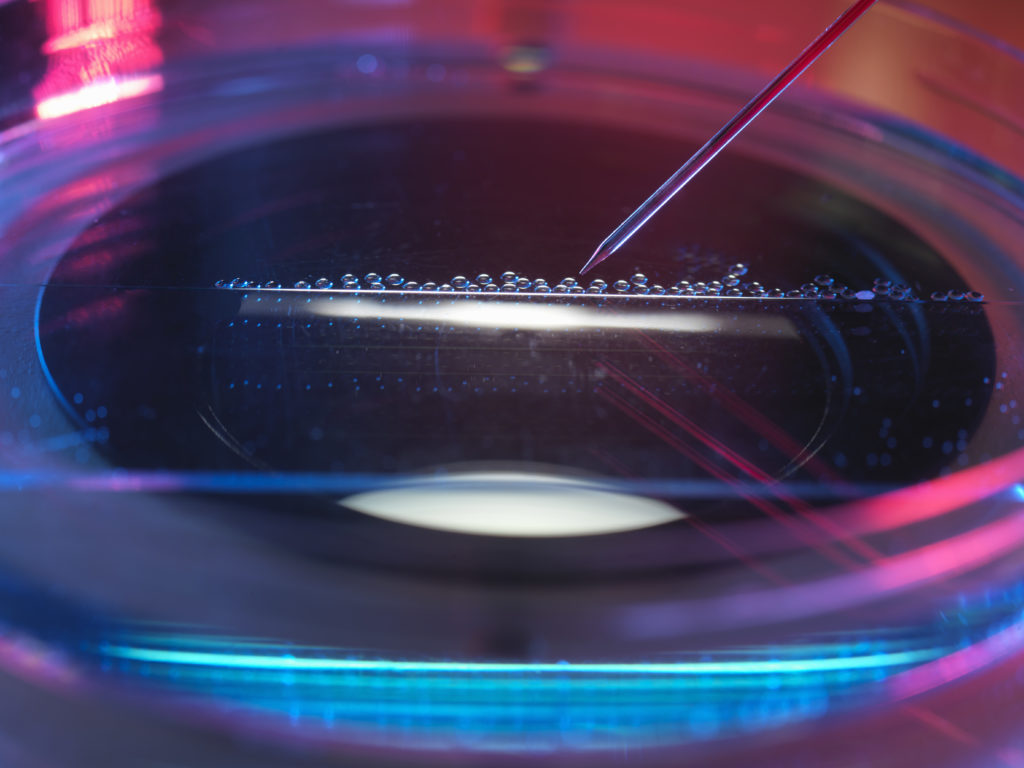
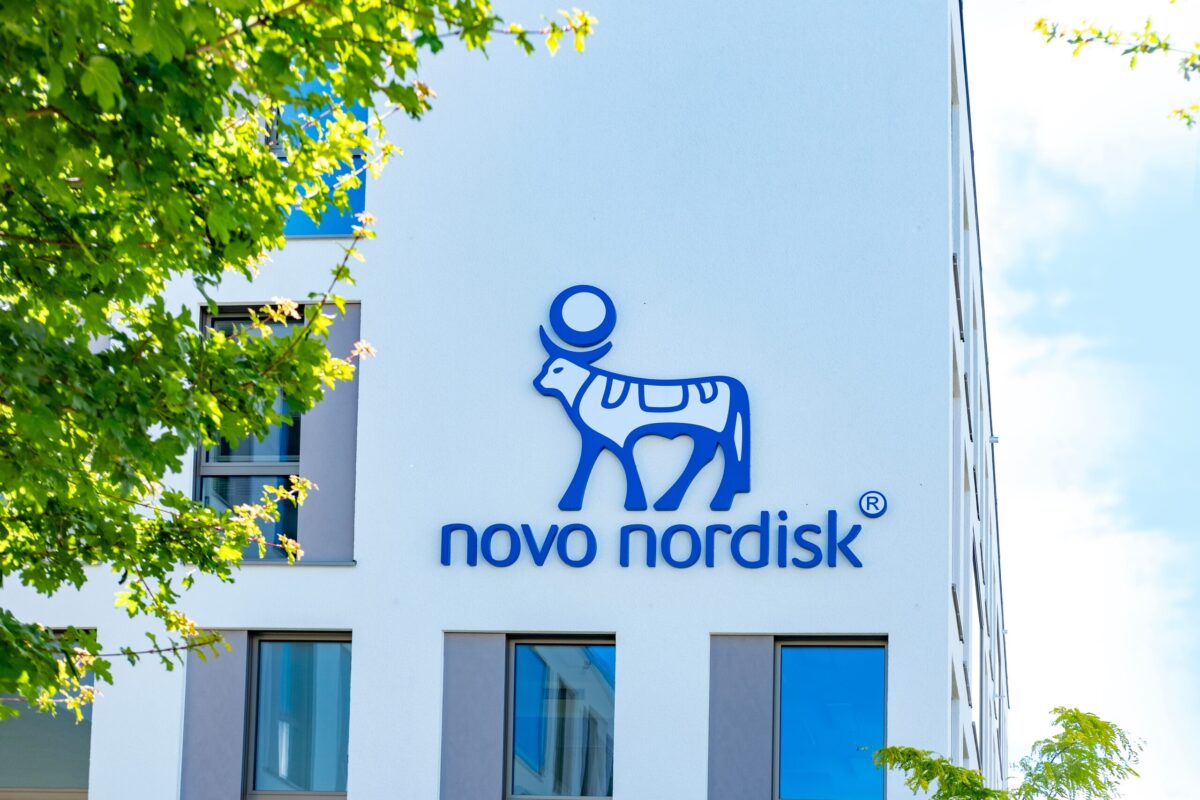
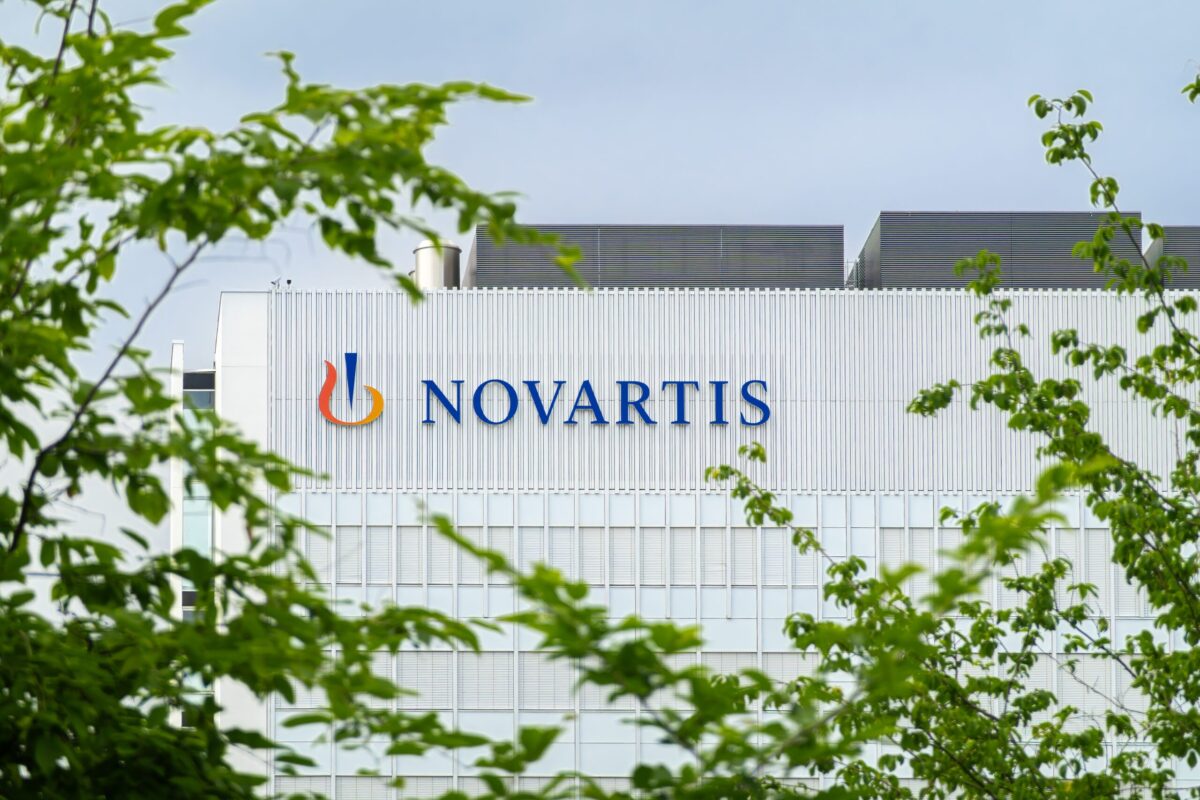

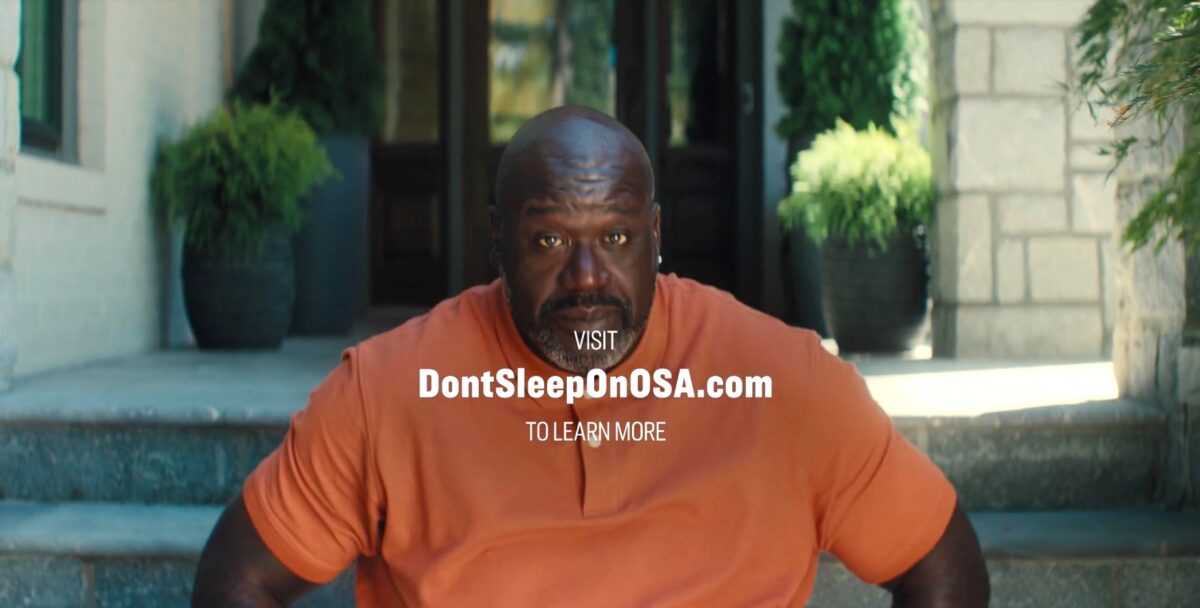
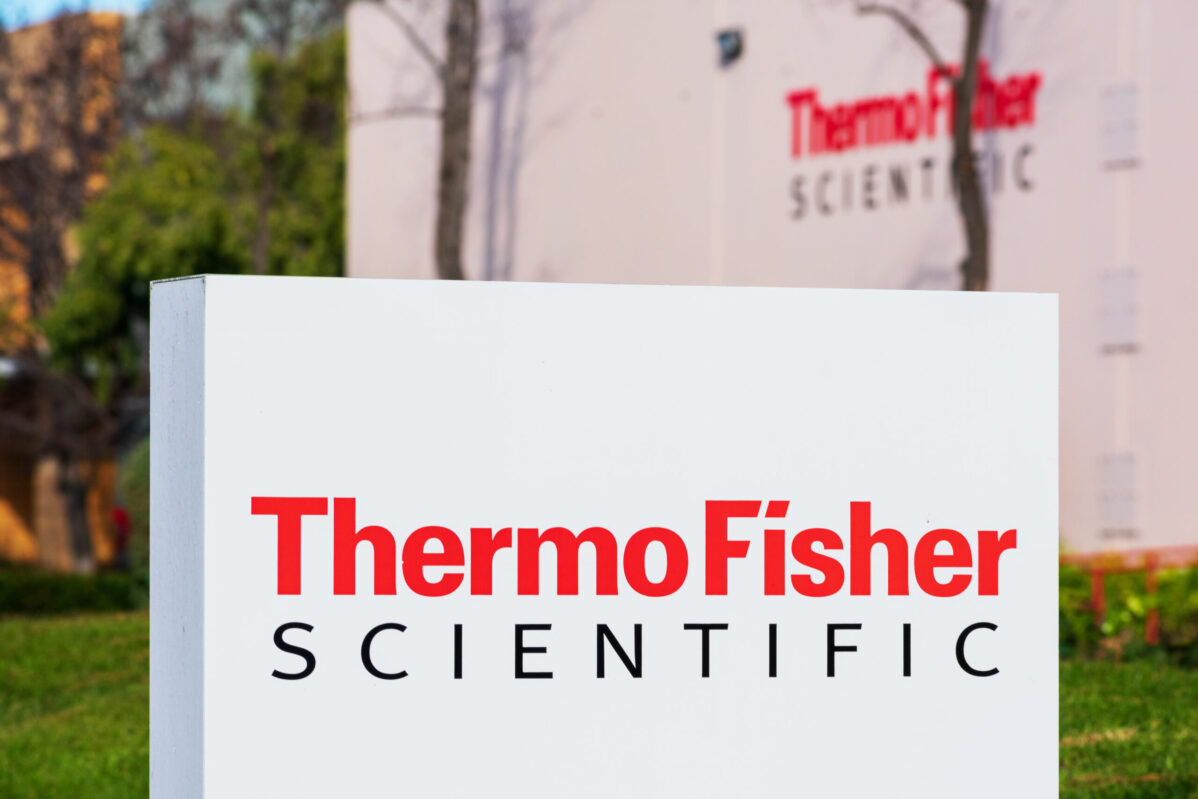




Join or login to leave a comment
JOIN LOGIN